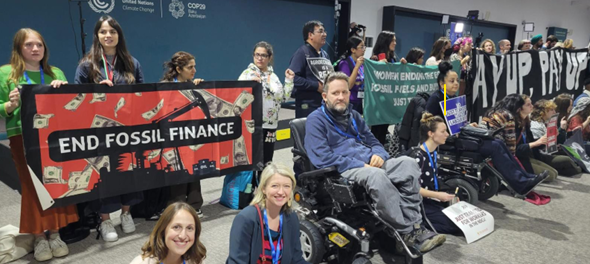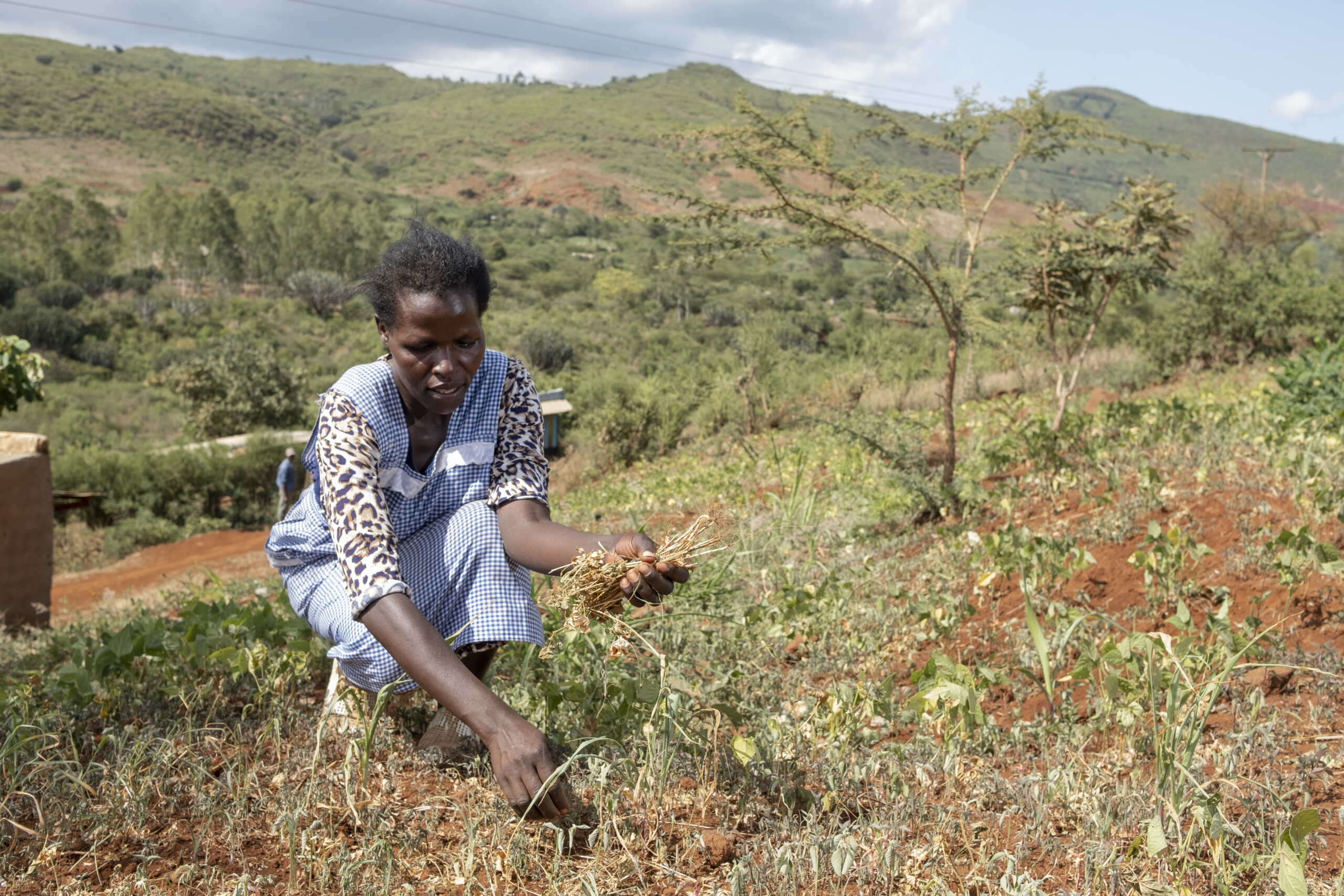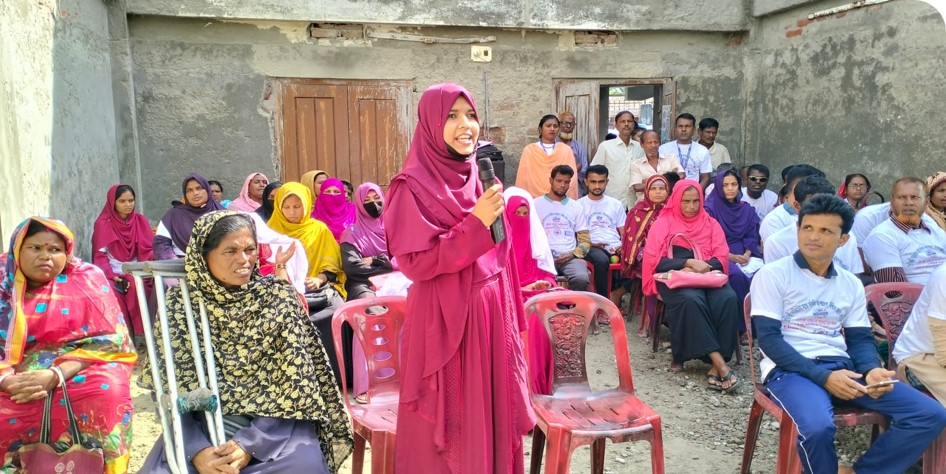Prioritising mental health in communities
News | September 13, 2022
This blog on prioritising mental health in communities relates to our Annual Report 2021.
In 2021, CBM Global ran 19 projects that focused on mental health in 14 countries, as well as many other projects that integrated mental health and wellbeing. We made substantial progress in each of the CBM Community Mental Health Plan’s four priority areas.
Strong voice of people with psychosocial disabilities
We worked closely with often small and new organisations of people with psychosocial disabilities (OPDs) in Africa and Asia. Our priority was to facilitate development on their terms and provide support as requested. In Eastern and Southern Africa, we ran organisational capacity-building workshops, provided Bridge CRPD and QualityRights training, and linked groups together to learn and plan for more effective impacts. The work in Zimbabwe resulted in the registration and launch of the National Association of Persons with Psychosocial Disabilities, the first such group in the country.
Community inclusion and participation
“People with psychosocial disabilities are among the most marginalised people in communities around the world.”
In addition to efforts to strengthen the voice and participation of people with psychosocial disabilities in communities, we ran five projects that integrated mental health into Community Based Inclusive Development projects and carried out research on how people with disabling mental conditions can be better supported in their communities – the Support, Comprehensive Care and Empowerment of People with Psychosocial Disabilities (SUCCEED) programme in Nigeria, Zimbabwe, Sierra Leone and Malawi. We worked extensively in challenging stigmatising community attitudes in many of our programmes, and we are leading experts in this area, for example, through our Time To Change Global programme.
Strong, accessible and person-centred systems including equitable access to healthcare
Our 10-year partnership programme in Nigeria – the Comprehensive Community Mental Health Care programme – uses the latest WHO guidance on systems reform, and has successfully integrated mental health into 99 clinics across Benue State in the North Central part of the country. Over 25,000 people have been seen in total, and more importantly, the programme has provided substantial learning, documented in several academic publications, that will act as a blueprint to our continuing work with governments, WHO, West Africa Health Organisation, Africa CDC and other public health institutions in Africa.
We seek to integrate mental health and wellbeing considerations into other work, including in humanitarian action and Neglected Tropical Diseases.
Advisory work
CBM Global provided technical advisory support to the World Health Organization to improve the accessibility of their mental health documents, videos and social media, including the influential guidance supporting mental wellbeing during the COVID-19 outbreak, produced by the Inter Agency Standing Committee (IASC). We also engaged with a number of global campaigns like #BreakTheChains with Human Rights Watch, with United for Global Mental Health and local campaigns run by our partners in individual countries, such as campaigns to decriminalise suicide in Nigeria and Nepal.
Advocacy and external engagement
Throughout the year, CBM Global co-chaired the Disability and Inclusion sub-group of the IASC Reference Group on Mental Health and Psychosocial Support, as well as the Disaster Risk Reduction and Climate Change sub-group, producing widely used Technical Notes and Action sheets.
With our experienced partners in this diverse range of work, we published a set of five Good Practice Guides, sharing our learning from over 15 years of work in mental health. This covered Health System Strengthening, Neglected Tropical Diseases, Peer Support, Stigma, and Community Mental Health Forums. We also published a summary of our work in mental health and climate change, which we launched at the COP26 conference in Glasgow. We have also published research on disaster risk reduction, human rights, community-based rehabilitation, and mental health during COVID-19 and stigma, based on primary research and learning from our programmes.
https://cbm-global.org/news/prioritising-community-mental-health
Related News

One in Five Is Not Enough: The gains on Disability Inclusion have not gone far enough
One in Five Is Not Enough: The gains on...

COP30 Is a Turning Point for Disability-Inclusive Climate Action
As the world gathers in Belém, Brazil, from 10–21 November 2025 for COP30, the message from...

Achieving resilience for all requires funding disability inclusion in DRR
On International Day for Disaster Risk Reduction (DRR) 2025,...
